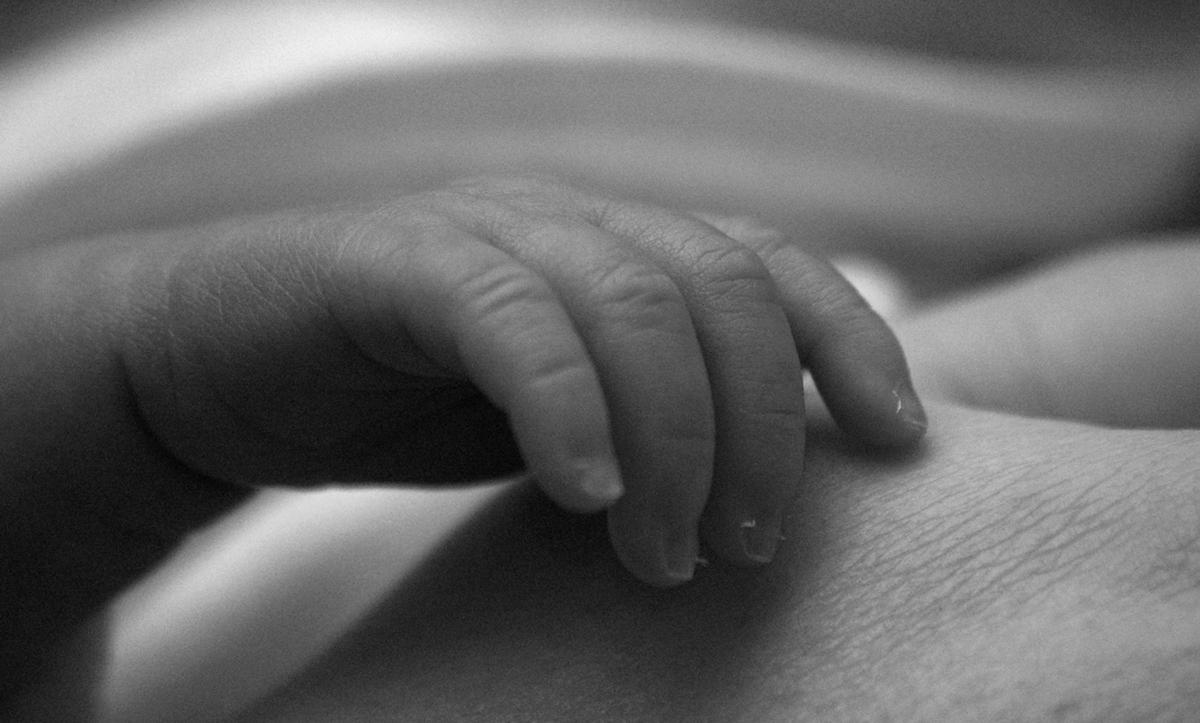In the 1970s, Australian moral philosopher Peter Singer, perhaps best known for his book Animal Liberation (1975), began to argue that it was ethical to give parents the option (in consultation with a doctor) to euthanize disabled infants. He discussed primarily, but not exclusively, severe disabilities such as spina bifida and anencephaly. In Practical Ethics (1979), Singer explains that the value of life should be based on properties such as rationality, autonomy, and self-consciousness. “Disabled infants lack these properties,” he wrote. “Hence killing them is not the same as killing normal human beings or other self-conscious beings.”
The idea of killing disabled babies is especially dangerous because the concept of disability often serves as a mere cover for much uglier hatred. Historian Douglas Bainton, in Justifying Disability and Inequality in American History (2001), points out that the slavery of African Americans was justified by the disability model. There was an assumption that African Americans suffered from various medical conditions that were understood to prevent them from living independently. Until 1973, homosexuality was a justified mental disorder in the Diagnostic and Statistical Manual of Mental Disorders. The current edition, DSM-5, still considers transgender people to be disabled.
Singer generally views severe physical disability in medical terms. His views are opposed to the model of disabled people as minorities. For Singer, severe disability is a problem to be solved, rather than a difference to be accepted and embraced.
For years, I thought Singer was morally bankrupt. I grew up in a family with hereditary deafness, and while deafness is far from the kind of disability Singer focused on (some would argue it’s not a disability at all), I still recognized the idea that the disability community has confronted for centuries: that disabled people have fundamentally inferior rights, even inferior lives. Singer’s ideas go against my fundamental belief that disabled bodies are created primarily by a lack of adaptation, and that disabled people are perhaps different from others but not inferior.
While much of Singer’s other work seemed thoughtful and compassionate to me, his work on children with disabilities seemed to veer dangerously close to genocide — the deliberate and systematic destruction of a culture like the Deaf culture my family embraced. I have never been able to shake off what he says about disabled people, and I wanted to know more: what does he think now, has his views ever changed, and above all, how can he believe so strongly in something that seems so inconsistent with his reverence for life?
Last winter, I reached out to Singer to find out more.
I was nervous to talk to him, even over the blurry, unsettling distance of Skype, but there was no reason to be nervous. His ideas were repulsive, even violent, to me, but he accepted opposition thoughtfully. And as we talked, I began to suspect that I disliked his ideas because they struck a sore spot in my worldview, exposing its weaknesses.
Singer disagrees with the idea that disability is just a difference. There is suffering involved, he says, and not just social suffering. “I don’t think the idea that able-bodied people are better than disabled people is prejudice in itself,” he told me. “It’s a mistake to equate it with racism or sexism.” He argues that if being able-bodied is undesirable, then there’s nothing wrong with pregnant women taking drugs or drinking heavily, and shunning disabilities should be considered prejudice too. It’s not prejudice, Singer argues, and it shouldn’t be.
Instead, Singer argues that disability, unlike race or sex, involves inherent suffering. Sometimes the suffering is so great that it would be more compassionate to end an infant’s life than to inflict pain on them. For years after he began arguing for the proposal, Singer had to contend with studies showing that disabled people’s ratings of their quality of life are not that different from those of able-bodied people, a fact that could seriously undermine his claims to reduce suffering. He found these studies persuasive, but he argues that it is unfair to make them speak for people whose disabilities are too severe to answer such surveys. (In general, he does not subscribe to the idea that people with widely different disabilities should talk about each other’s experiences.)
Disturbingly, despite his focus primarily on severe disabilities, he also resists setting strict standards for what disabilities qualify as infanticide. “Look,” he told me, “I don’t think that’s something we should be telling parents. [that] “If your child is like this, you should end their life, and if your child is like that, you shouldn’t end their life,” he says. Instead, he explores how class, family, community, and, of course, local and national support, shape a child’s potential life.
What’s particularly surprising is that Singer’s response illuminates some of the most underexplored issues in disability activism rhetoric — such as the idea that class and location can have a significant impact on a parent’s ability to raise a disabled child, or that some people are so disabled that they can’t speak about the quality of their own lives. The way Singer’s ideas are often played up demonstrates the intellectual laziness that dangerously ignores these issues.
Though Singer has not focused on infanticide in recent decades, his ideas still sting like an unhealed wound in the disability world. Singer remains deeply preoccupied with questions about the hierarchy of life, and his idea that many disabled people are inferior, and the dangers that this idea implies, are as relevant today as they ever were. The spina bifida epidemic that prompted his argument has passed, but the larger issues he raises remain central to issues of prejudice and equality in the disability community. This makes Singer difficult to understand. His argument is as complex and beautifully constructed as a perfect mathematical equation, but at its core is one assertion that remains difficult to accept: that this group of humans are not really human. That is the pain that obscures the rest.

